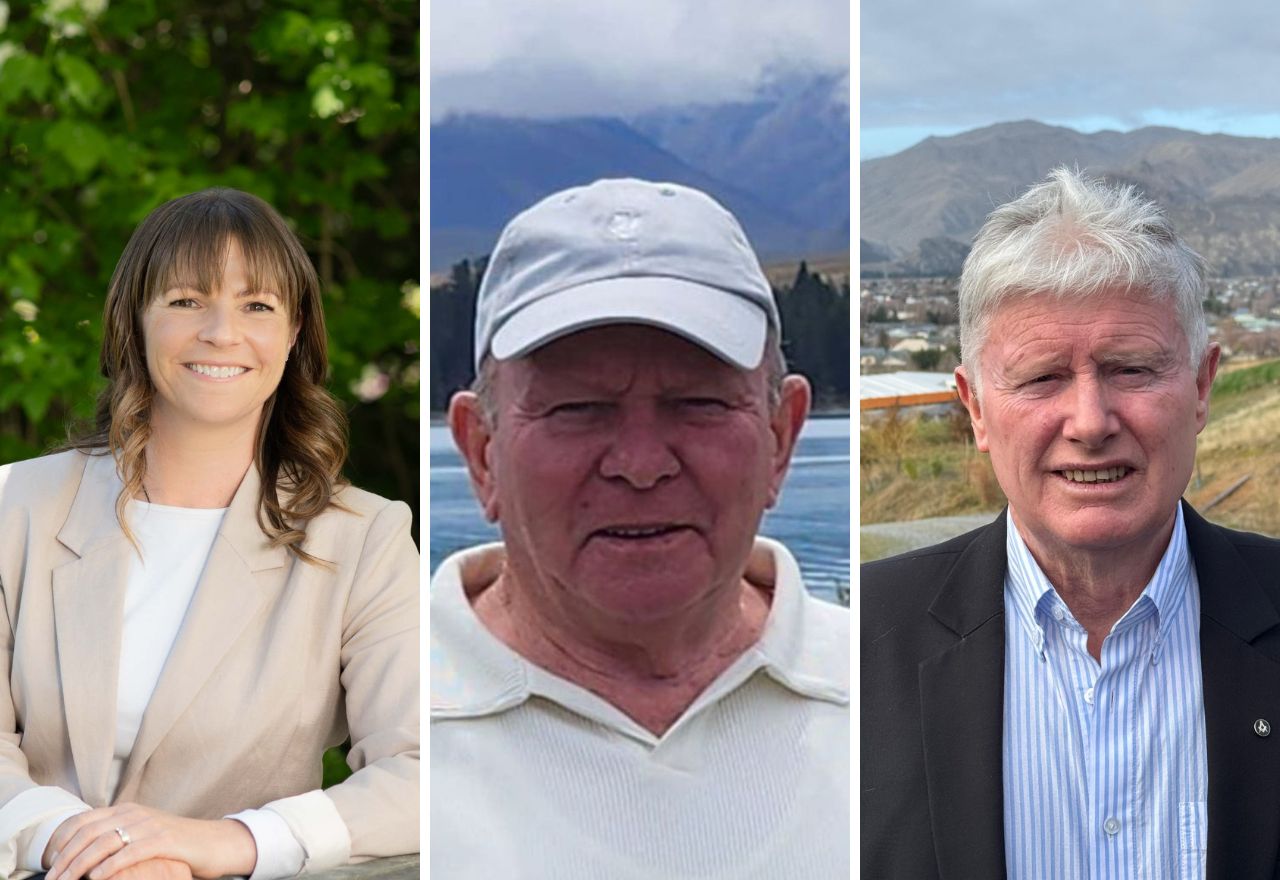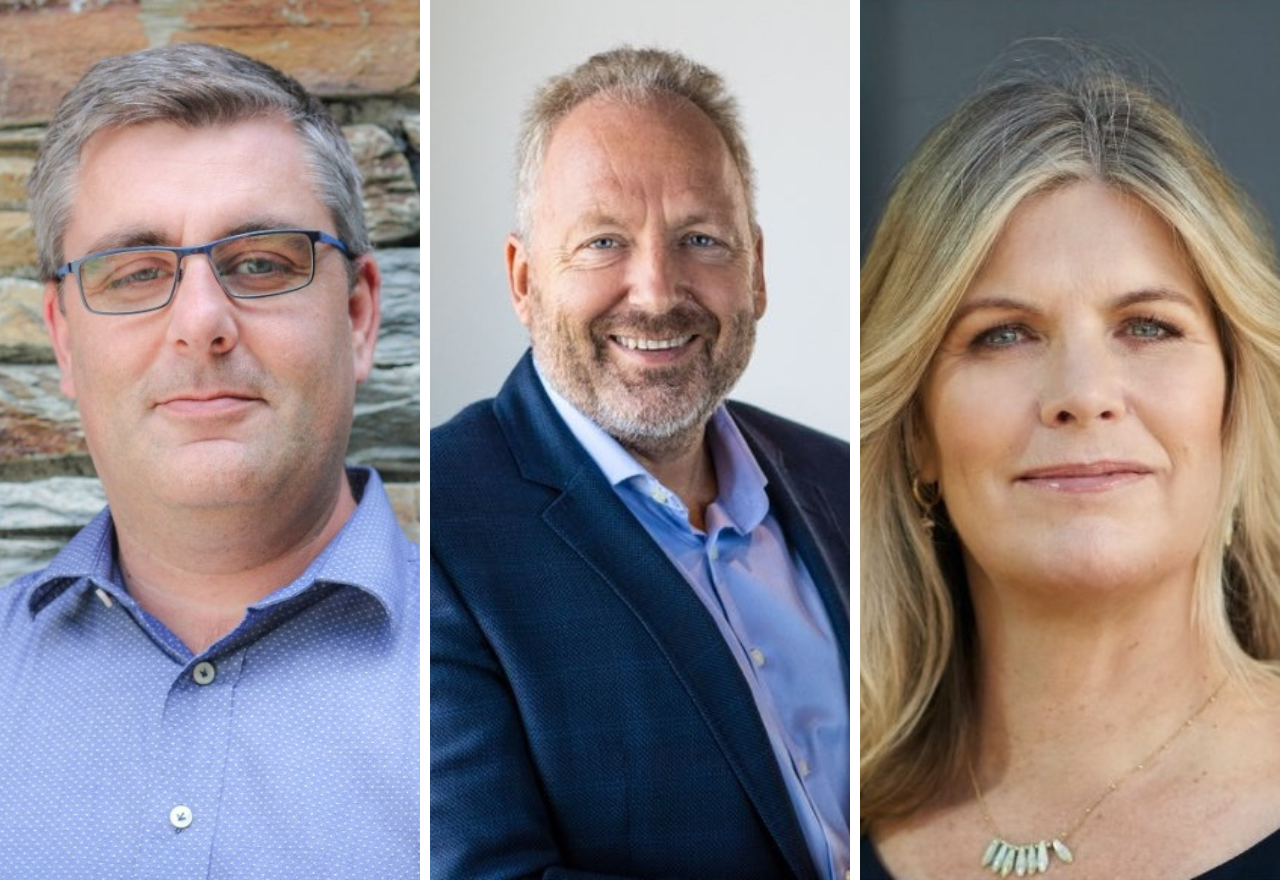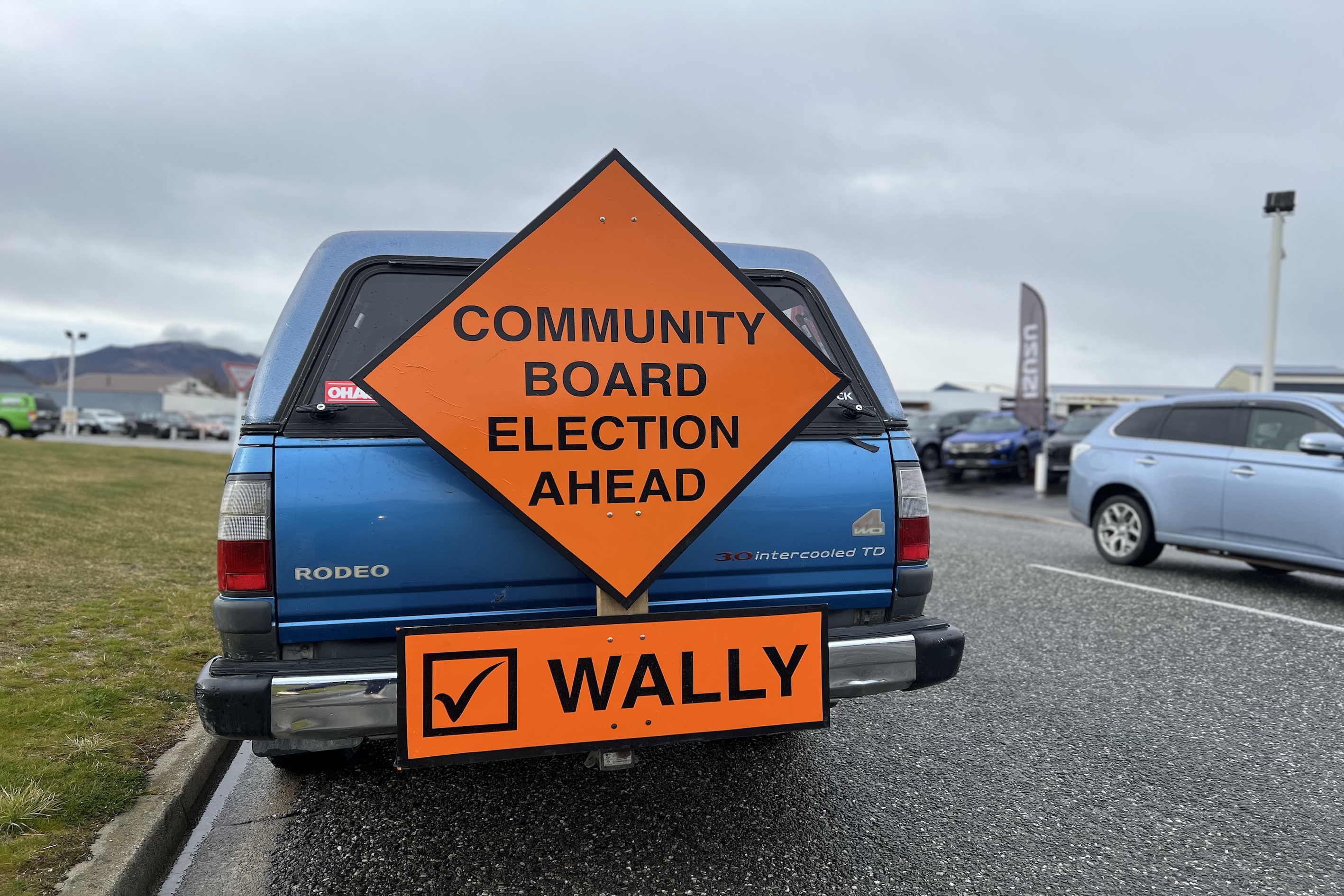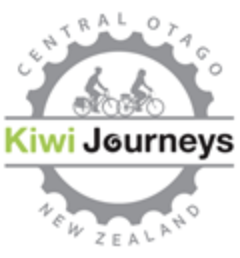Mayoral, council candidates respond: What’s your track record?
Staff Reporters
10 September 2025, 8:35 PM

The Central App asked local body candidates about their community track record.
When have you stood up for our community? What exactly did you do, who did you bring with you, and what changed as a result?
Here’s how they responded:
Central Otago District Council mayoral candidates respond:
Tamah Alley:
- “Worked to secure a long-term water solution through a joint Council Controlled Organisation — ensuring safe, compliant services for future generations. Supported council’s participation in CouncilMARK/Te Korowai, an independent benchmarking tool that drives accountability, transparency, and service excellence.
- Led the biggest-ever engagement campaign for the Long Term Plan, resulting in the highest number of community submissions on record.
- On the board of Southern Lakes Trails Trust, building future cycle connections from Cromwell to the Wakatipu Basin and Wānaka, and finally ‘closing the gap’ to Roxburgh.
- Brought Central Otago to the table with central government as part of the only three-council Regional Deal proposal in New Zealand.
I’m proud to say I’ve brought the whole council along on this journey. Over the past 12 months, our decision-making has been built on consensus. One of my key focuses for the last election was increasing community engagement, and I’ve delivered on this — making council more accessible day-to-day across new platforms and reaching demographics that had been underrepresented in the past. I've also ensured Central Otago has a strong voice nationally — from developers to government agencies to national media, we're recognised for making a big impact despite our smaller population.
Central Otago is on the map — and in charge of our future. We’re keeping decisions local, from a fairer water solution to strong partnerships with businesses, health, and government. These relationships mean our community is shaped by us, not outsiders. We put people first: protecting what we love, planning for what we need.”
Mark Quinn:
“Since 2023 I have been travelling NZ with Challenging Councils enlightening all walks of life in the direction and the roles that the councils have become. Much to our forefathers having established councils for the people. Today councils are no longer managing councils in the way that they were set up. Our core services and infrastructure are in seriously poor shape. Water, sewer, rubbish bins, berms, country roads, are seriously neglected, and the huge income from rates and loans are gone to fluffy, feel good, woeful projects instead.
Challenging Councils today has followers in all parts of NZ now standing up and going for council. It is a successful educational tool, and will only get stronger as more people learn we pay the council's wages but they are working for Local Government. Councils are now moving away from this LG demanding wasteful status. Auckland, Christchurch the biggest to leave. Smaller councils have also left Local Government. We should too.”
Charlie Sanders did not respond.

Candidates for the Cromwell Ward respond:
There are nine candidates for four vacancies in the Cromwell Ward.
Sarah Browne:
“I pride myself on being a real community champion for Cromwell. In my role as a councillor for the Cromwell ward in the current triennium, my most notable example was the vote for or against districtising services and facilities. I engaged with the community to get their feeling and I went to the table to bring those points forward. When it came to the vote (which I unfortunately lost) I was one of the two councillors who voted against this (the other being another Cromwell councillor Cheryl Laws). The whole Cromwell community board worked together to make a submission and support our people’s voice and I believe it was a good measure for our community that we really do ‘have their backs’.”
Stephen Carruth:
“My family and I have spent a considerable period living and (me) working in the major-project construction industry in Australia (before returning relatively recently to live in Central Otago permanently). Before we left Central Otago in 2004, the Cromwell Community Board proposed a land-swap deal that would have seen a Wānaka-based developer create a housing estate right along the top of the 'Sugarloaf’ (the long land-form adjacent to Lowburn). The Sugarloaf is the best example, cited by the NZ Geological Society, of fluvio glacial outwash terraces in the whole of New Zealand. Council had not invested time or energy in protecting that significant landscape.
The proposed development was contrary to the Amended Proposed Central Otago District Plan when the Community Board initiated the land swap deal with the developer. As a member of the Lowburn Action Group, we opposed this development and fought hard to undo the Community Board's decision to undertake the land-swap deal. My specific role within the Lowburn Action Group was as group spokesperson. We generated a significant amount of local support for our stand. The disputed development application ultimately went before a panel of independent commissioners (to determine whether a resource consent would be granted). The independent commissioners decided unanimously to reject the application in favor of protecting this important natural landscape.”
Dave George:
“In Cromwell ward I was concerned about the scoping and layout for the new hall complex. I felt the museum would be better aligned with Old Cromwell. I made an appeal through the ombudsman, to ensure that council began to consult with the wider community. As a ratepayer of nearly five decades I was disappointed with the response from council. There was little or no consultation with the wider community. As a result we have a budget blow-out of $1.6M a year, for the first two years. This obviously will change with measures taken. But we must consider whether council can trade its way out of difficulties.”
Cheryl Laws:
“I stood against the district wide funding model (districtisation). The council is an organisation that is completely dependent upon information provided by staff in making policy decisions. On the issue of stripping Cromwell’s assets from the Cromwell Community Board and transferring them to the wider interests of the Central Otago district, I was resolutely opposed. I appreciate the community support for my stance, but we were out voted around the council table. That vote taught me a lesson and that is that sometimes this council doesn’t appreciate that Cromwell is the driver of economic activity in our district. Standing up for, and advocating for the best interests of the Cromwell community, will continue to be my priority.”
Bob Scott:
“During the four years I have served on the Cromwell Community Board, I have been involved with many community groups. Most notably, I have been the liaison between the Community Board and the Cromwell and Districts Promotions Group who famously organise the Light Up Winter event along with many others. I was also instrumental in finding a new home for the toy library after their previous home at the Memorial Hall was no longer available. I campaigned for the pedestrian crossing in Waenga Drive to be installed ahead of schedule to assist the residents of the Golden View retirement home to safely access the town, Anderson Park, and the medical centre. I managed with others to secure the long-term future of the Cromwell Golf Club on its existing course in the centre of town. I am very proud of my achievements as an elected representative of this community, particularly in securing with fellow board members the proceeds of the sale of endowment land for the benefit of the people of Cromwell.”
Terry Davis, Andrew Burns, Gareth Noble, and Charlie Sanders did not respond.
Vincent Ward candidates respond:
There are 11 candidates for four vacancies in the Vincent Ward.
Gill Booth:
“I have a bit of history when it comes to standing up for the “underdog” and for standing up and speaking out against what is wrong. Before becoming a community board member I was involved, with others, in organising the two Groundswell protests in Alexandra. Result. No results. Myself and a friend organised a Central Otago District rural petition against 3 Waters. A verbal submission was presented to the CODC. Result. No Results. The 600 plus signatories were ignored and dismissed by council. The template submissions were classified as one submission. I was part of the organisation team for the Groundswell/TPU Southern ‘Stop 3 Waters’ campaign and was part of the team that collected two petitions, one requiring a full public meeting about 3 Waters, and the other to defund LGNZ. These were delivered to the mayor of the time. Result. No results. Hundreds of people were ignored and dismissed, Council wouldn’t hold a ratepayer/residents meeting and dismissed defunding LGNZ.
After being elected for community board, I put out a series of information flyers into nearly every letter box in Teviot Valley. Result 1) I was publicly called out by the mayor and two other elected officials for spreading misinformation. Result 2) many people learned about the theft of 3 Waters, and the workings of LGNZ and LGFA. Good result. Solicited submissions about the proposed rates increase. Result. Submissions ignored, rates increased by up to 33 percent in Roxburgh and withdrawal of berm mowing. Was called “appalling” by the mayor of the time and censured by my board chairman. Standing up for the ratepayers of Roxburgh was not to be condoned. Solicited submissions against Districtisation which would be detrimental to our area. Result. Despite Teviot and Cromwell being overwhelmingly against Districtisation it went ahead anyway. Two communities were completely ignored. Presented a verbal submission to council about the LTP, which is detrimental to our area. Suggested 3 Waters be a referendum issue in this year’s local body elections, and spoke against the debt burden. Result. Nothing.
When not one councillor stood up in outrage at the ‘get a reverse mortgage’ suggestion by mayor [Tim] Cadogan, and the same deafening silence followed the interim mayor's statement about not being able to afford your rates in two years’ time, I realised that no-one is fighting for the residents and ratepayers of our area of Central Otago, so now is the time to make a stand against the tsunami of debt that is headed our way under the current regime at the head table.”
Jayden Cromb:
“In November 2024 a late report was presented to the board recommending the divestment of nearly all of council owned halls in the ward. As chair I facilitated a lengthy debate on the issue and the board came up with its own recommendations based on what it believed the community would accept. While all of those halls still ended up on the list for the Long Term Plan consultation, we still ended up with our recommendations being approved in the end. To achieve this I spent a considerable amount of time around the ward. Formal information evenings, a school, small committees, anyone I could find that wanted to be heard I met with them. By bringing the VCB members and community together we saved the Clyde town hall, railway station and museum. As well as the Ophir, Poolburn, and Becks halls. It was about bringing the community along on the journey to get the result they wanted. Another added benefit of proper engagement and public partnership was 46.8% of general submissions and 83 percent of youth submissions coming from this ward. It was a win for everyone involved.”
Dave McKenzie:
“School board of trustees. Brought business and property management experience. Developed an asset management plan for schools and policy for children with separated parents.”
Nathan McLean:
“Community involvement for me started back in high school, being involved with groups tasked with running events for youth. From there I became involved with my faculty student and staff society while studying at university, eventually serving as treasurer for two terms. Once living in Central Otago, while my children were young, I became involved with the Alexandra Toy Library committee, serving for five years as Treasurer. I've been involved with hockey and rugby in Alexandra, coaching and managing teams. As a family we are also involved with the Alexandra Squash Club, where I am involved as a player, but I am also on the club committee, looking after memberships, treasurer duties and I am the club secretary.
I am also on the Board of Trustees for St Gerards School, serving for the past nine years (three terms) and the past three years serving as the presiding member.
I love being involved, I love being able to represent others and advocate for those people who don't have time, or don't have the ability to be present.”
Martin McPherson:
“My work as a commissioner under the RMA with Plan change 19 decision making process. Future proofing growth in the wider region. Engaged with residents, property owners and developers.I continue to support our heritage sector and lobby for our museums and cultural vitality. Heritage sector and museum staff. Helped secure ongoing funding. Wilding Pines - The Half Mile. I wanted to see better engagement with the local residents and supported a staged approach to the development of this area. I failed but tried to engage with my fellow elected members to work alongside the residents. Not everything you do is successful but you try.”
Tracy Paterson:
“Since arriving in Omakau… 25 years ago I have been actively involved in the community. Initially starting out in Plunket and the Omakau and Districts Toy Library when my kids were young I then moved on to serve for 13 years on the Omakau School Board of Trustees. I have stood up for health care in Central Otago for over 12 years through my involvement in Central Otago Health Inc. both as a member and chair. I have served on the Central Otago A&P Show committee for several years and [am] a strong advocate for the importance of the rural sector in our district. I am the chair of the Bob Turnbull Charitable Trust that gives grants to the community every year. I am a volunteer for the Riding for the Disabled (RDA) Central Otago and am passionate about the amazing opportunity for growth and development it offers its participants. In my capacity as an elected member I have always stood up for the community - both to those who have actively engaged and those who speak to me on the side of sports fields, at the supermarket, the petrol station, the engineers, the woolshed, the various retailers or on the phone. I have backed community groups with their proposals to create better spaces and amenities while making the hard decisions on community infrastructure.”
Louise van der Voort:
“In my professional role in local government, I frequently engaged with the community through workshops on master planning, spatial planning, and district plan discussions. I facilitated collaboration among diverse groups, ensuring all voices were heard. My expertise in legislation and strong people skills have led to well-informed discussions and decisions with improved community outcomes.”
Cam Withington:
“About 2003/4 the Alexandra Historical Society was in dire straits and struggling to complete the fit-out of their new museum. So I raised a two year salary outside of council funds to help complete the project. Soon after, I applied to various agencies and government ministries to raise several hundred thousand dollars, which virtually completed the fit-out. In the meantime, a good number of significant artefacts were brought back to the new facility, all the while, negotiating the acquisition of Russel Clark’s 28-panel mural - all at no cost to ratepayers. Our community was very supportive and today they continue to enjoy the art gallery and the historical content.”
Lynley Claridge, Ian Cooney, and Kas McEntyre did not respond.
Maniototo Ward candidates respond:
There are two candidates for one vacancy in the Maniototo Ward.
Michelle Bisset:
“Having only recently returned to Otago, I would like to refer to a project I was involved in in my last rural community which has broad application in any rural area faced with a changing workforce. Partnering with Rural Women New Zealand (Tutaenui Branch) and a local training provider in Marton (ICENZ), our project worked with Pacifika women whose families had come to New Zealand to work at a local meat works. The pastoral care for these families was minimal and in addition to lacking the basic household essentials, upskilling in local foods and cooking methods was essential. Once a week for a term, the Tutaenui women shared their recipes and cooking skills using economical and seasonal foods to produce nutritionally balanced family meals. During class time, these were compiled into a recipe book and at the end of term this was published to be distributed across the community and also entered into the RWNZ Lady Blundell competition, which the group won.
I have had decades of contributing to every community that I have lived in - from volunteering with service groups; collecting and supporting charities such as the Child Cancer Foundation; Blood and Leukemia and the Cancer Society to involvement in local politics and Civil Defence. I remain a member of Rural Women New Zealand and am currently the secretary of the Patearoa Community Group.”
Stu Duncan:
“I have been a chairman of the Wedderburn Community Association – which we raised funds and shifted the Wedderburn Goods shed back to its site on the rail trail. I have also been on the Naseby Cricket committee, Ranfurly rugby club committee, setting up the original Rail Trail Operators group. I have been on the management committee of Ranfurly Fire Brigade for 10 years and we were instrumental in merging the rural and urban fire brigades – which was the first in NZ. I have been on the Maniototo Community Board for over 20 years and have seen some amazing developments – hospital – curling rink – new playground. I have been a councillor for four terms and in this time have seen enormous growth within this region. I have stood up for many issues in support of my community – from bank closures, potential library closures, road closures, hall closures and have always been a strong advocate for the Maniototo in retaining our key community services.”
Teviot Valley Ward candidates respond:
There are two candidates for one vacancy in the Teviot Valley Ward.
Curtis Pannett:
“I was fortunate to be appointed to the Teviot Valley Community Board in December 2024 to fill a vacancy. At my very first meeting, we were presented with a list of buildings the council was considering for divestment—one of which was the Millers Flat Hall.
Having grown up in Millers Flat, I, along with many others in the community, was perplexed to see this hall on the list. It's a well-used facility—hosting events two to three times a week—and is widely recognised as a well-maintained and valued community asset. Its inclusion in the potential divestment list raised serious concerns. In response, I worked alongside my fellow community board members and the local hall committee to help prepare the strongest possible submission to council. Our goal was clear: to ensure the Millers Flat Hall continues to be recognised and maintained as a core community asset. As a result the hall was retained.”
Mark Quinn:
“Since 2023 I have been travelling New Zealand with Challenging Councils, enlightening all walks of life in the direction and the roles that the councils have become. Much to our forefathers having established councils for the people. Today councils are no longer managing councils in the way that they were set up. Our core services and infrastructure are in seriously poor shape. Water, sewer, rubbish bins, berms, country roads, are seriously neglected, and the huge income from rates and loans are gone to fluffy, feel good, woeful projects instead.
Challenging Councils today has followers in all parts of NZ now standing up and going for council. It is a successful educational tool, and will only get stronger as more people learn we pay the council's wages but they are working for local government. Councils are now moving away from this local government demanding wasteful status. Auckland, Christchurch the biggest to leave. Smaller councils have also left local government. We should too.”
NEWS
JOBS
SHOP ONLINE WITH LOCALS







